Committed to 100 per cent carbon neutrality, Valeo has launched a pedal assembly for e-bikes.Team ACI looks at the mobilisation of this ‘zero-emission’ product in the portfolio.
Valeo is on a mission! Committed to 100 per cent carbon neutrality by 2050, the company is accelerating its portfolio expansion. It is offering ‘zero-emissions’ products in emerging markets. Most recently, in a unique effort, the company launched a pedal assembly for e-bikes. The pedal assembly integrates an electric motor with an automatic transmission inspired by the automotive industry. Averred Jacques Aschenbroich, Chairman and Chief Executive Officer, Valeo, “To do this, we are leveraging and adapting the technological platforms that we’ve developed for the automotive industry – both those dedicated to Advanced Driver Assistance Systems (ADAS) and to low-voltage electrification (48V).” Valeo claims that the e-bike adapts to the cyclist instead of the other way around. Valeo showcased three prototypes: a city bike, a mountain bike and a cargo bike for goods transportation with reverse and braking energy recovery functions.
Integrated electrical assistance
Claimed to be the world’s first electrical assistance system to offer the integration of an electric motor and adaptive automatic transmission in the pedal assembly, the gears change automatically. The system’s algorithm is said to offer the required electrical assistance from the first pedal stroke. Developed in partnership with Effigear, the e-bike drivetrain is powered by a 48V electric motor coupled with a seven-speed automatic, adaptive gearbox fitted in the pedal assembly. At 130 Nm torque, the motor is claimed to multiply the cyclist’s effort by 8X in comparison to 5X boost on offer in the segment. Fitted on a cargo bike, it extends the assistance to a 150 kg load with claims of aiding a fatigue-free ride on a 14 per cent gradient, in both a forward and reverse motion. The claim is of outdoing other 24V and 36V motors in the market. An anti-theft function integrated directly into the pedal assembly can block the use of the bike on activation. Through a pedestrian push-assist function, ferrying heavy loads is claimed to have been made easier. Adding a fun element to address the racing instinct, the boost function makes it easier to overtake other cyclists and ascend steep inclines with relative ease.
Parts elimination
A unique selling proposition is the attraction of the bikes being freed from pain points associated with conventional bikes. The e-bike is free of the derailleur, cables, sprockets, handle shifters and the traditional bike chain, for instance, letting the biker do away with the frequent pit stops for the sake of upkeep. “All in all, electric bikes are freed of around 50 fragile parts that require constant maintenance. On average, a traditional model needs to be serviced at least once a month, even if it’s just to tighten the chain, lubricate the chain and derailleurs, or put the chain back in place. With our technology, it’s over,” exclaimed Jérome Mortal, Director of New Mobilities at Valeo.
Modular platform
Claimed to be scalable, the single technology base in the form of the 48V electric motor has added to the flexibility of Valeo. On one hand, it can meet broad base use cases, while on the other hand, the high volume production capacity is expected to help the company attain significant economies of scale. Especially at a time when the e-bike market is expected to grow 15-fold over the next 10-years. ACI
Carbon Neutrality Plan – 2050
In the last decade (2010-20), Valeo is known to have invested Euro 10 billion in technologies aimed at reducing CO2 emissions. With sales generated growing 20-fold, the company has committed to achieving carbon neutrality by 2050. This includes the end-use of products in Europe. The company aims to attain 45 per cent of this objective by 2030. This includes reducing supplier emissions, and emissions from operating activities and its own products with 2019 as the base year. Notably, In 2019, 57 per cent of sales were generated by technologies that help to reduce CO2 emissions. Averred Jacques Aschenbroich, Chairman and Chief Executive Officer, Valeo, “The entire automotive industry is investing heavily to combat global warming. At Valeo, the reduction of CO2 emissions has been central to our strategy since 2010. We intend to continue our efforts, with the aim of achieving carbon neutrality by 2050 and reaching nearly half of this objective by 2030.” As a signatory of the “Business Ambition for 1.5°C” campaign that brings together companies committed to achieving carbon neutrality by 2050 using the strict framework of the Science-Based Targets initiative, the company is piloting renewable energy alternatives including at three Group sites in Chennai, Sanand and Bad Rodach (Germany). On January 25, 2021, Corporate Knights ranked Valeo as the most sustainable company in the automotive sector, among the world’s 100 most sustainable listed corporations.



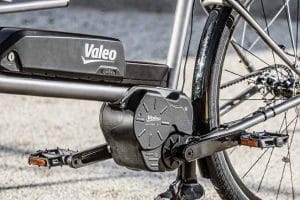
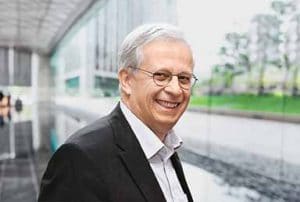
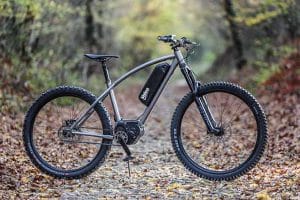


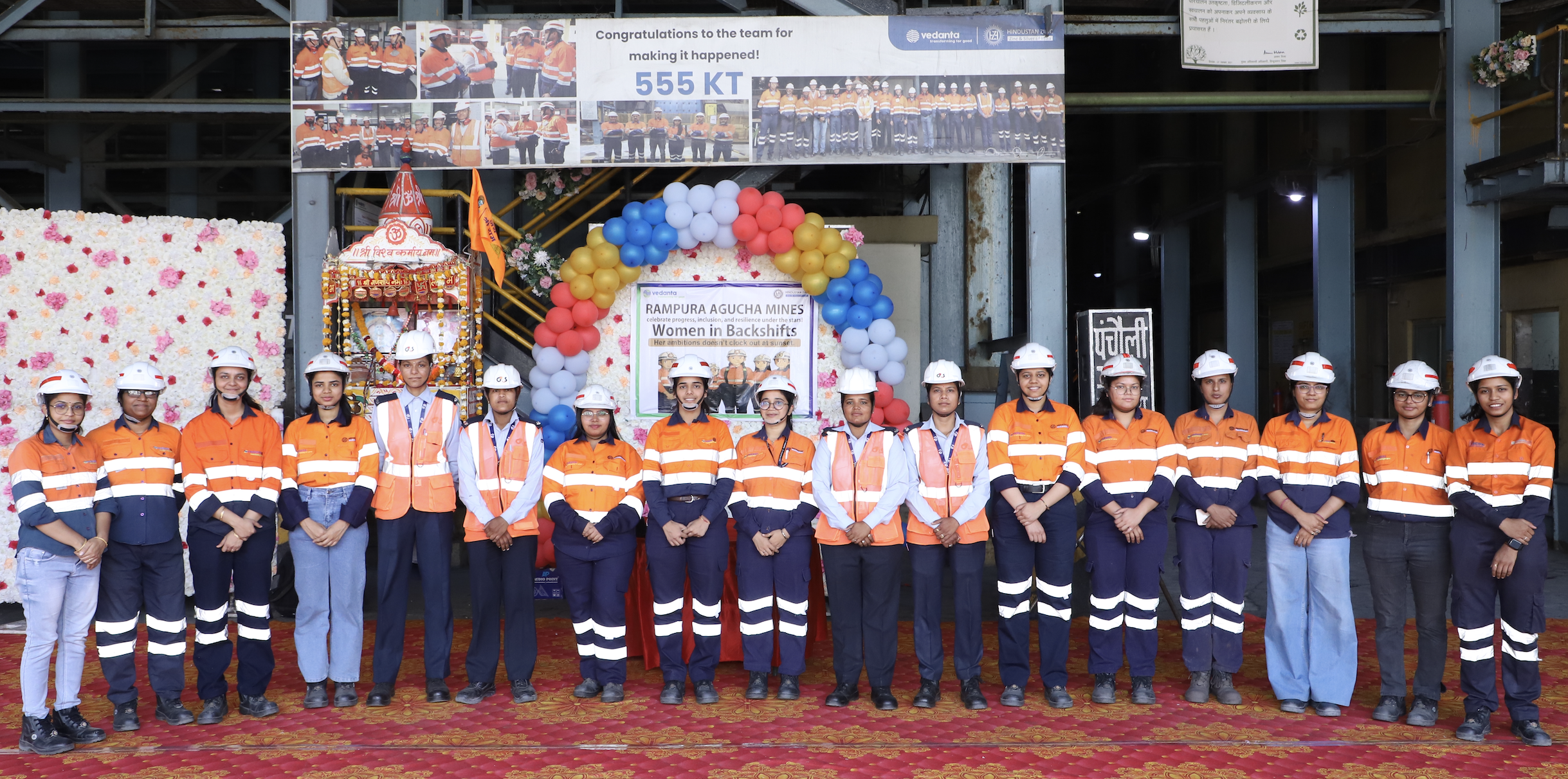
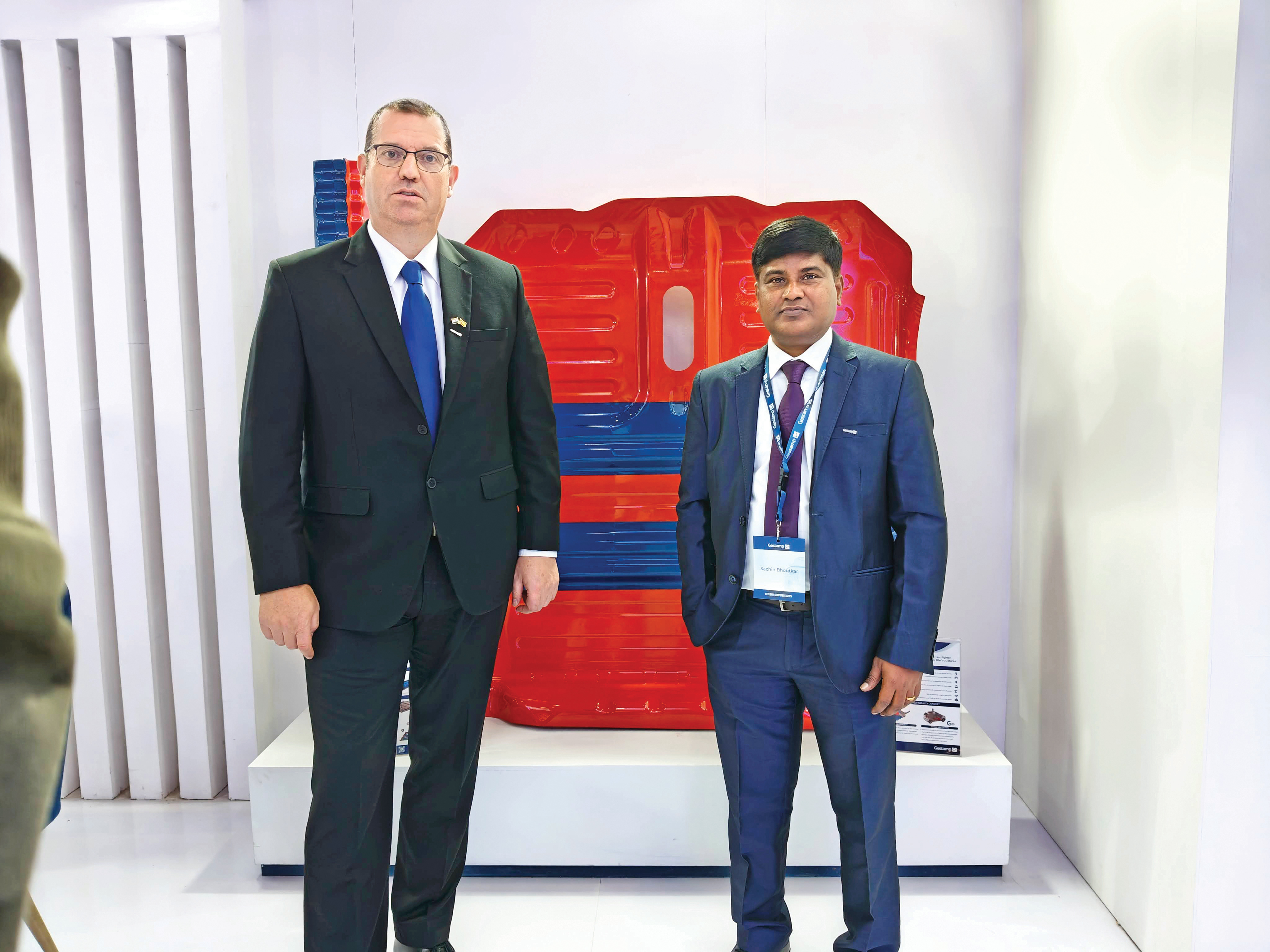
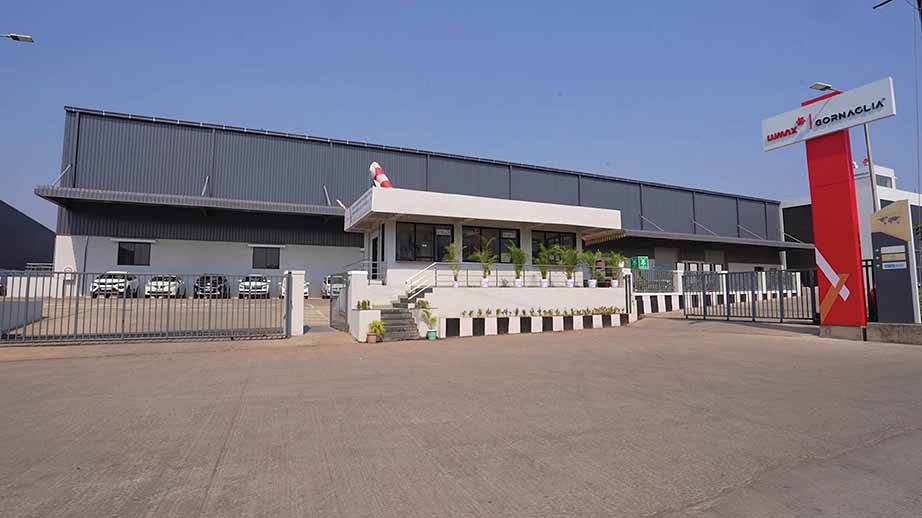
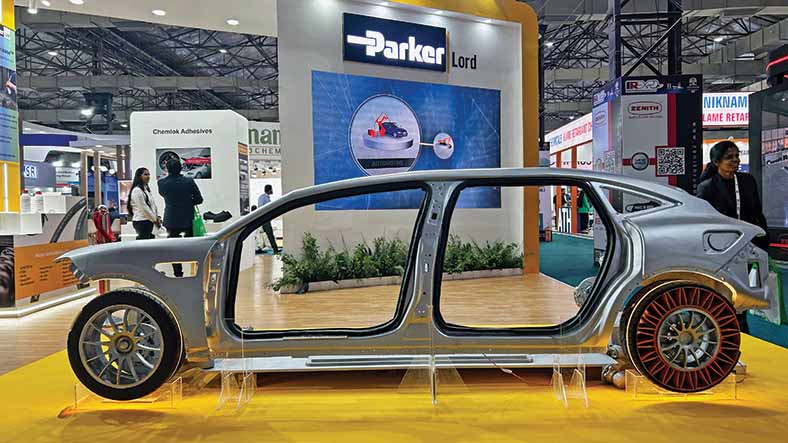
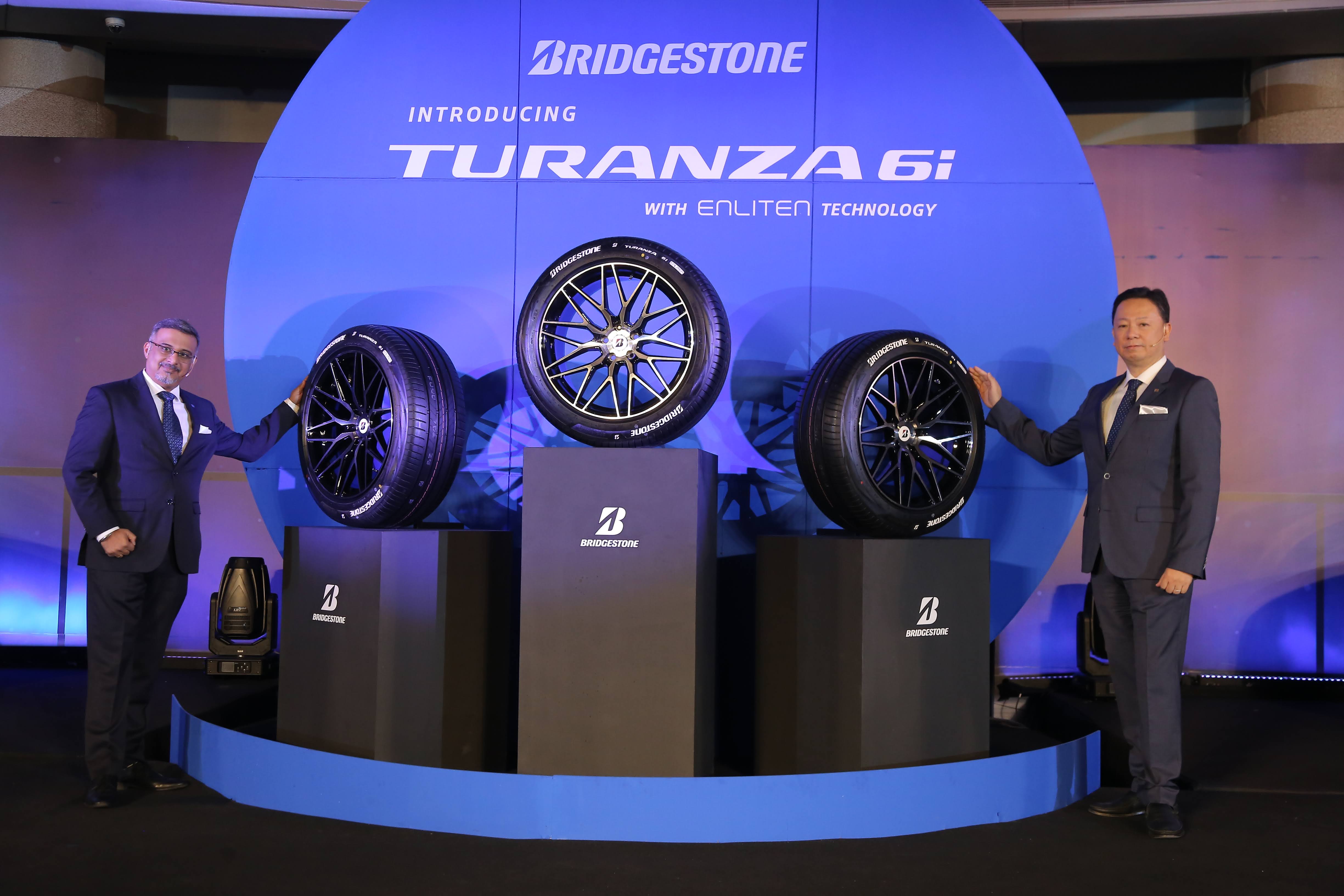
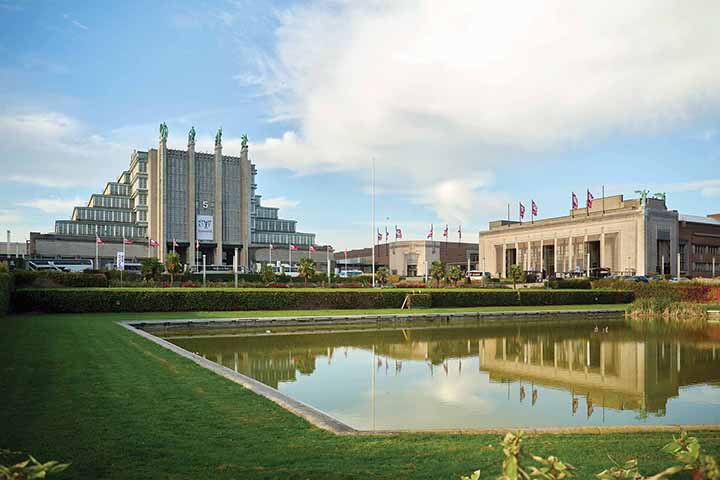
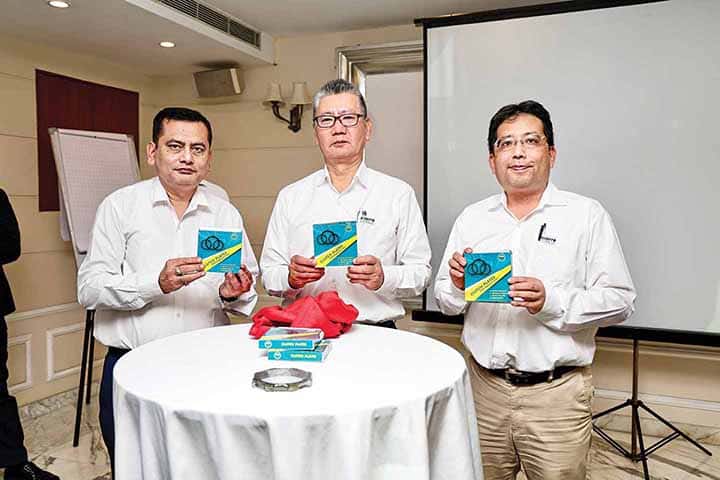
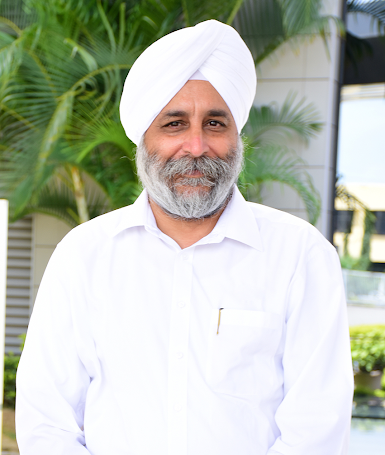
Leave a Reply